Mr. President,
First of all, I would like to thank the Special Representative, Ms. Valentine Rugwabiza, as well as the Permanent Representative of Morocco, His Excellency Mr. Omar Hilale, as Chair of the Peacebuilding Commission,…
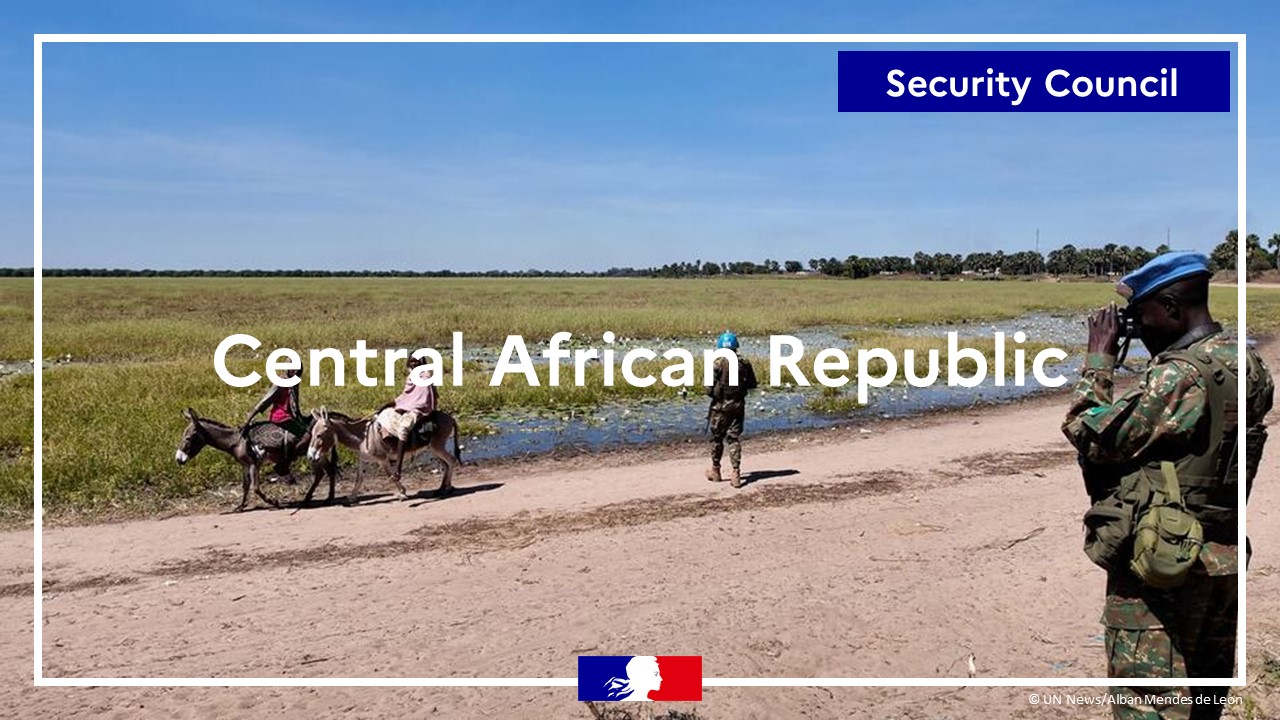
Mr. President,
First of all, I would like to thank the Special Representative, Ms. Valentine Rugwabiza, as well as the Permanent Representative of Morocco, His Excellency Mr. Omar Hilale, as Chair of the Peacebuilding Commission,…
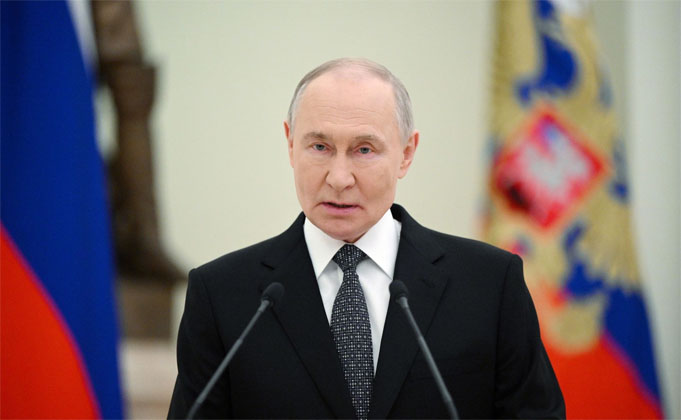
As Russia enters 2026, regional pressures intensify due to economic strain and social tensions. Experts warn of potential political shifts as local dynamics evolve.
Not just Russians
As Russia enters 2026, attention is increasingly shifting away…

Five British immigration officers on Thursday pleaded not guilty to misconduct in public office and conspiracy to steal from migrants who had arrived in Britain on small boats, ahead of a trial in January 2028.
John Bernthal, 53, Ben Edwardes,…

Phoebe Zhang, a 21-year-old applied psychology student from southern…
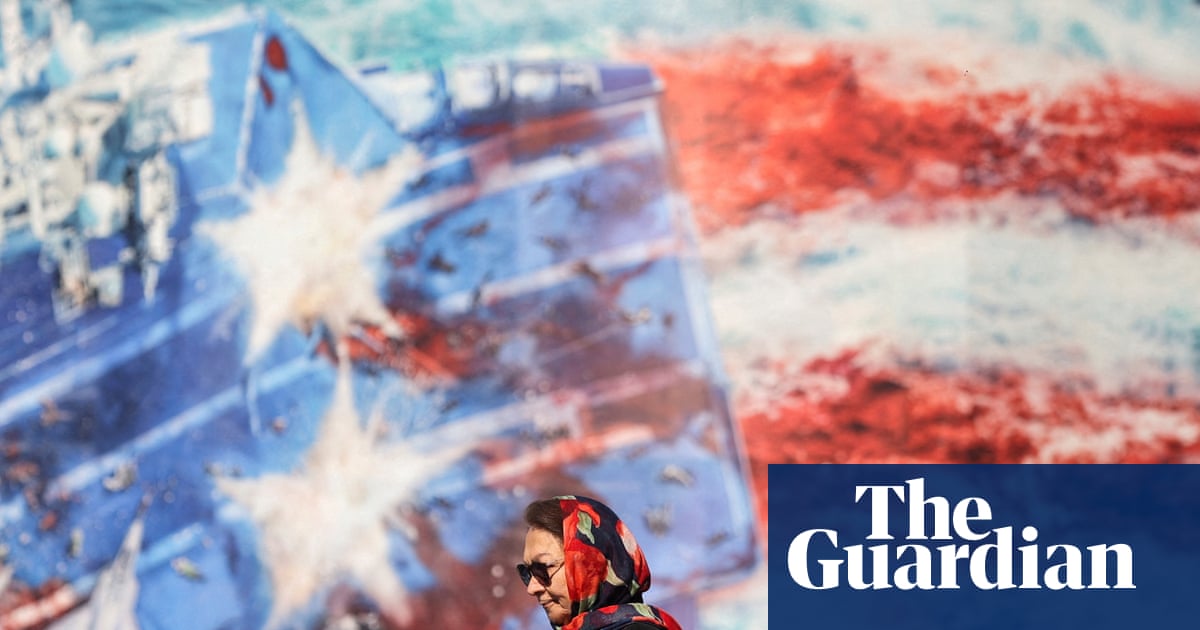
High-stakes talks between the US and Iran over a permanent end to Tehran’s nuclear programme were to continue late into the night on Thursday, with apparent gaps between the two sides leaving open the possibility that Donald Trump will launch…
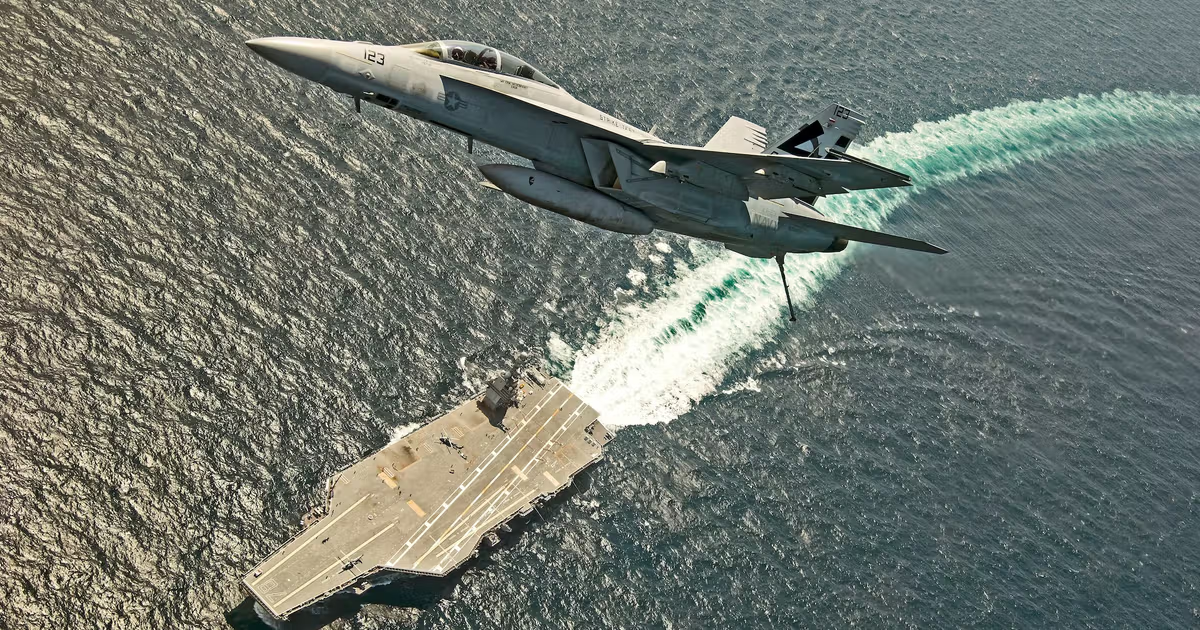
Air superiority is a military condition; regime change is a political outcome. When it comes to discussing imminent American strikes on Iran, people often confuse the two, as if one automatically causes the other. It does not. If anything,…
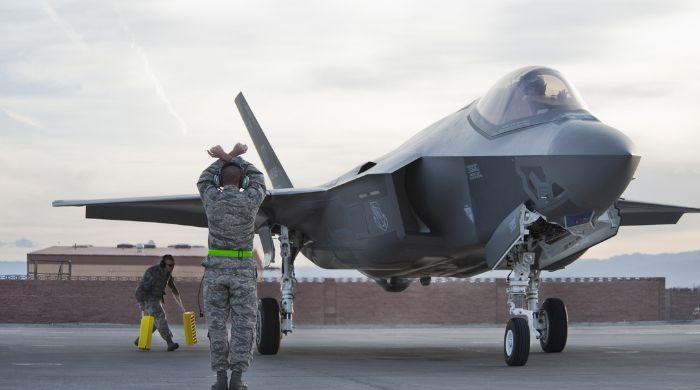
The United States (U.S.) Department of Justice (DOJ) has detained a former U.S. Air Force pilot for illegally training Chinese military pilots.
The…
